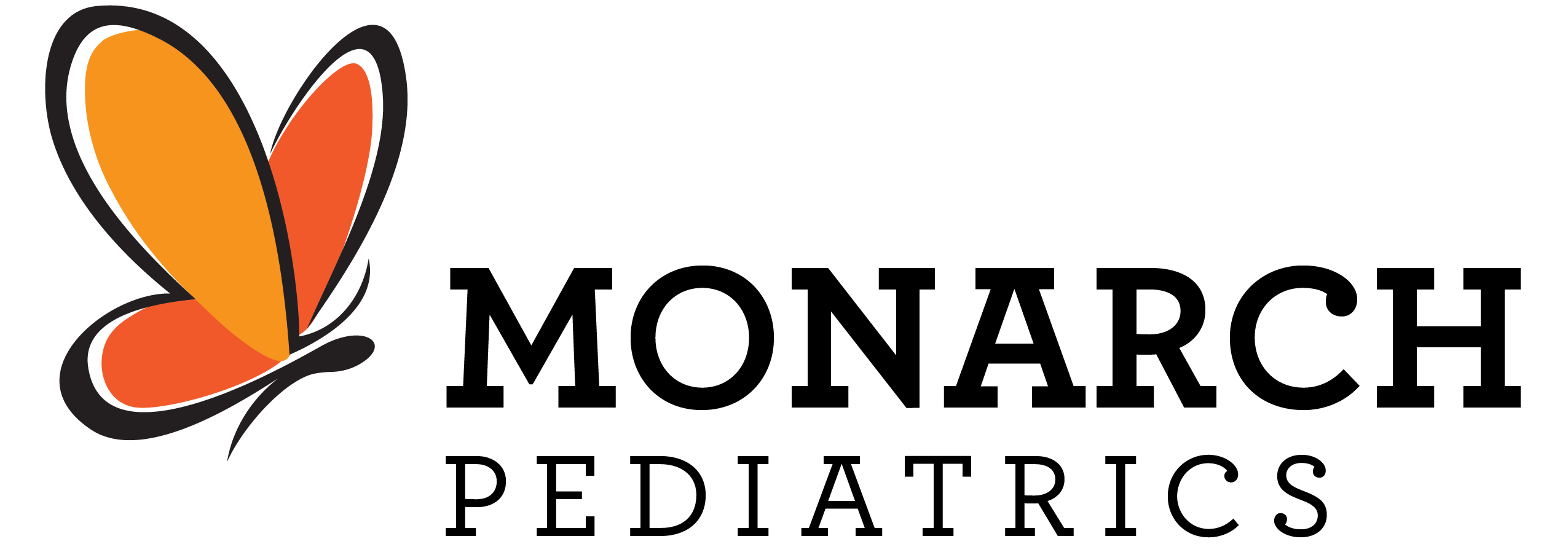Breast Feeding

Breast feeding is healthful, both physically and psychologically, for you and your baby. It is the baby’s natural food and gives nourishment as well as protection from many diseases. Breast fed babies usually get hungry more often than bottle fed babies because breast milk is more easily digested than cow’s milk. A demand feeding schedule (usually ever 2 to 4 hours) is required when breast feeding. Alternate the starting breast with each feeding. Be sure the baby gets the nipple and some of the areola in his/her mouth. Your goal is 10 to 15 minutes on the starting breast and 10-15 minutes on the second breast. The hind milk (the fattiest portion of the breast milk) is at the end of each letdown on each side. Nursing longer than 30 to 40 minutes per session is usually not necessary once your milk is in. If your milk supply does not seem adequate, more frequent nursing for 24-36 hours will increase your milk production. Breastfed babies need 8-12 feedings per day. Signs of adequate milk supply include 6-8 wet diapers per day and 3 or more seedy, mustard-colored bowel movements. Your breasts should feel full before feedings and soft after feedings. We do not recommend giving water to the newborn infant.
Daytime is for feeding and activity. Nighttime is for sleeping. Therefore, during the day wake the baby every 2 1/2 to 3 hours to stimulate to nurse. At night (11pm-6am) allow the baby to nurse on demand so that over time the baby will work his/her way towards sleeping through the night. During the night, allow one 5-hour interval to pass since the last feeding if the baby is sleeping. Our goal is for mother and baby to be sleeping six to eight hour stretches by ten weeks of life. It is important for you to drink adequate amounts of fluids and to continue your prenatal vitamins. A balanced, nutritious diet and adequate rest are also important for successful breast feeding. Try to find a relaxing place to nurse and pull the baby into you. Do not lean into the baby because you will get a neck and/or back ache.
Wash your nipples at least once daily with plain water and allow to dry. Avoid soap which is drying to the skin and encourages cracked nipples. If sore nipples area a problem, applying pure lanolin sparingly will help as will exposing your nipples to air. A properly fitted brassiere will make you more comfortable. Nursing pads are helpful if leaking is a problem.
We Want to Hear From You
We are accepting new patients…

New Location
as of June 28, 2021:
7675 Wolf River Circle #102
Germantown, TN 38138
Office Hours:
Monday through Friday
8:00 am until 5:00 pm.
Appointments:
901-755-8300